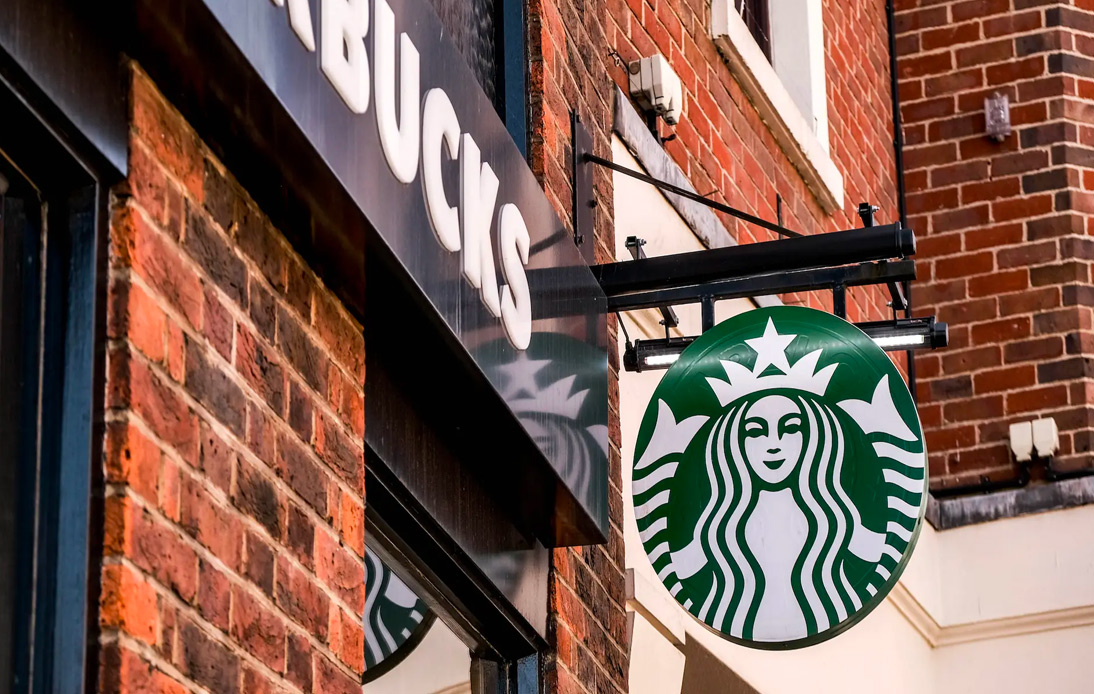
On Monday, a federal judge instructed Starbucks to respond to a lawsuit alleging that a number of its Refresher fruit drinks are missing a vital component: actual fruit.
Judge John Cronan in Manhattan dismissed Starbucks’ plea to drop nine out of 11 allegations in the suggested group lawsuit, saying “a significant portion of reasonable consumers” would anticipate the drinks to have the fruits specified in their titles.
Customers expressed disappointment that the Mango Dragonfruit, Mango Dragonfruit Lemonade, Pineapple Passionfruit, Pineapple Passionfruit Lemonade, Strawberry Açai, and Strawberry Açai Lemonade Refreshers from Starbucks did not contain any of the promoted mango, passion fruit, or açai ingredients.
Joan Kominis from Astoria, New York, and Jason McAllister from Fairfield, California, claim the primary ingredients were water, grape juice concentrate, and sugar.
They argue that the misleading product names resulted in them being charged more than they should have, breaching their state’s consumer protection regulations.
Starbucks, headquartered in Seattle, responded by saying that the names of the products were indicative of their flavour profiles and not their ingredient list, and their menu boards were clear about this.
Starbucks also mentioned that any reasonable consumer wouldn’t have been misled, and if there were any doubts, their staff could have clarified them.
However, the judge pointed out that while “vanilla” might be seen as a flavour descriptor, there’s no evidence that “mango,” “passionfruit,” or “açaí” are perceived the same way by consumers.
Judge Cronan highlighted that confusion could be valid as some other Starbucks items indeed contain the ingredients their names suggest, like the Ice Matcha Tea Latte with matcha or the Honey Citrus Mint Tea with honey and mint.
While the judge did dismiss claims of intentional deceit and unjust enrichment, Starbucks responded by labeling the lawsuit’s claims as “baseless,” expressing their readiness to defend their stance.
The legal battle, which started in August 2022, claims damages upwards of $5 million. The plaintiffs’ attorney, Robert Abiri, expressed satisfaction with the ruling and is eager to represent the group.




















